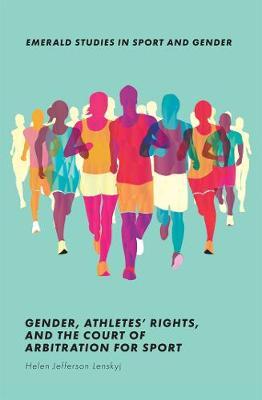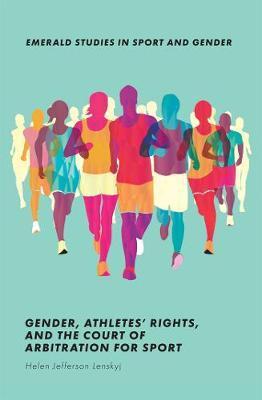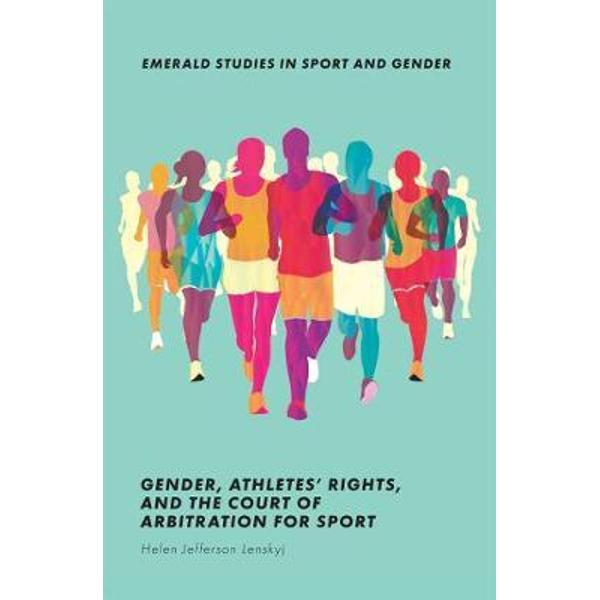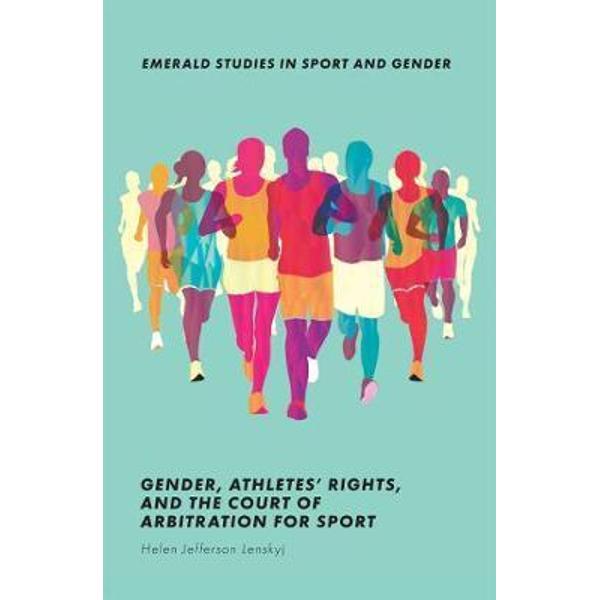Gender, Athletes' Rights, and the Court of Arbitration for S
Gender, Athletes' Rights, and the Court of Arbitration for S
Promoting the concept of sport exceptionalism, the International Olympic Committee (IOC) justifies the power it exercises through CAS by claiming that sport must be autonomous and self-regulating, with disputes settled by specialist arbitrators. Arguments in support of this position point to lex sportiva (global sports law) as a valid legal principle in sport-related disputes, which, it is claimed, cannot be understood or resolved by non-specialists. Self-regulation works effectively to protect the Olympic industry brand by keeping disputes `in the family'.
This critical analysis of CAS's history and functions demonstrates how athletes' rights are threatened by the forced arbitration process at CAS. In particular, CAS decisions involving female and gender-variant athletes, and racialized men and women, reflect numerous injustices. As well as the chronic problem of CAS's lack of independence, other issues examined here include confidentiality, lex sportiva, non-precedential awards, the closed list of specialist arbitrators, and, in doping cases, questions concerning strict liability and burden of proof.
PRP: 470.30 Lei
Acesta este Prețul Recomandat de Producător. Prețul de vânzare al produsului este afișat mai jos.
423.27Lei
423.27Lei
470.30 LeiIndisponibil
Descrierea produsului
Promoting the concept of sport exceptionalism, the International Olympic Committee (IOC) justifies the power it exercises through CAS by claiming that sport must be autonomous and self-regulating, with disputes settled by specialist arbitrators. Arguments in support of this position point to lex sportiva (global sports law) as a valid legal principle in sport-related disputes, which, it is claimed, cannot be understood or resolved by non-specialists. Self-regulation works effectively to protect the Olympic industry brand by keeping disputes `in the family'.
This critical analysis of CAS's history and functions demonstrates how athletes' rights are threatened by the forced arbitration process at CAS. In particular, CAS decisions involving female and gender-variant athletes, and racialized men and women, reflect numerous injustices. As well as the chronic problem of CAS's lack of independence, other issues examined here include confidentiality, lex sportiva, non-precedential awards, the closed list of specialist arbitrators, and, in doping cases, questions concerning strict liability and burden of proof.
Detaliile produsului













